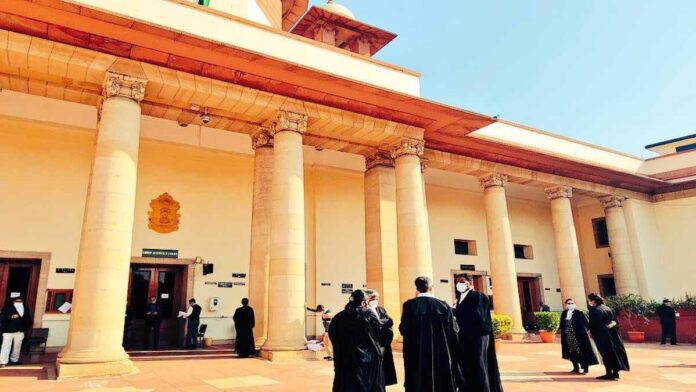In a significant development concerning legal self-regulation, the Supreme Court on Wednesday directed the Bar Council of India (BCI) to ensure that elections to all State Bar Councils are conducted by January 31, 2026, either simultaneously or in a phased manner. The Court made it clear that no further delay would be tolerated and warned that it may appoint a court commission to conduct the elections if necessary.
The Bench comprising Justices Surya Kant, Ujjal Bhuyan, and NK Singh was hearing a batch of petitions, which raised concerns about the prolonged delay in holding State Bar Council elections—some of which haven’t been conducted for over two years.
Court Rejects Plea to Extend Deadline
The Court’s direction came after Senior Advocate Guru Krishnakumar, appearing for the BCI, requested that the deadline be extended to March 2026 instead of January. However, the Bench declined the plea, noting that such elections should not be indefinitely postponed.
“Having regard to the fact that elections of State Bar Councils haven’t been held for (years), we have impressed upon Senior Advocate Guru Krishnakumar, appearing for BCI, to ensure that elections of State Bar Councils are held, if not simultaneously, in a phased manner by 31st January, 2026,” the Court recorded in its order.
The Court also directed the BCI to submit a status report by October 31, 2025, detailing the preparedness of each State Bar Council. If any State Bar Council is found reluctant to comply, the Court warned it would consider what “recourse ought to be resorted to” in such cases.
“Our Intentions Are Very Clear”: Justice Surya Kant
The Bench expressed its dissatisfaction with the lack of progress despite prior directions and observed that only 14 out of 23 State Bar Councils had responded to notices issued in the matter, with very few filing replies.
The Court also pulled up the BCI and State Bar Councils for dragging their feet despite repeated communications.
“Conduct all elections of State Bar Councils (soon). Otherwise, we will appoint a court commission. We will conduct the election and those who don’t participate, we will dismember them. Our intentions are very clear,” Justice Kant said firmly.
Senior Advocate Krishnakumar informed the Court that on July 31, 2025, the BCI had written to all State Bar Councils asking them to initiate preparatory steps for the elections. However, only 7–8 Councils had responded so far.
The Court was also unmoved by a plea from Telangana Bar Council’s counsel, who sought a slight extension till February 2026. The Bench emphasized that Bar Council elections could be easily conducted within two weeks if there was a genuine intent.
“Frankly speaking, if you want to conduct it, you can do it within two weeks. After all, legal community is the voters. They would be waiting to participate… 31st January is a good time,” the Bench observed.
Decentralised Process, Yet Delayed
Justice Kant remarked that unlike general elections, which are centrally managed, Bar Council elections are conducted by each State Bar Council independently and hence there should be no reason for delay. “Had it been a case of a centralised body conducting all-India elections, then things would have been different. Every State Bar Council is to conduct. They can start simultaneously,” he said.
Karnataka Bar Council Case Also Under SC’s Purview
The development also connects with ongoing proceedings before the Karnataka High Court, where a plea seeking reconstitution of the Karnataka State Bar Council (currently functioning through an ad-hoc committee whose term has been extended by the BCI) is being heard. On September 22, the High Court was informed that a final voter list would be published shortly, but the Court refrained from fixing a date for the elections in view of the Supreme Court’s ongoing monitoring of the issue.




